The UCLA Mathematics Project (UCLAMP) is part of a statewide program that strives to make a positive impact on TK-12 educators, students, communities and school districts in the Los Angeles basin. Our goal is to partner with these entities to provide rich and transformative Mathematical experiences in urban schools. Based on thirty-six years of research and experience, UCLAMP has developed programs that help prepare equity-focused, reflective, and responsive leaders in Mathematics.
OUR MISSION
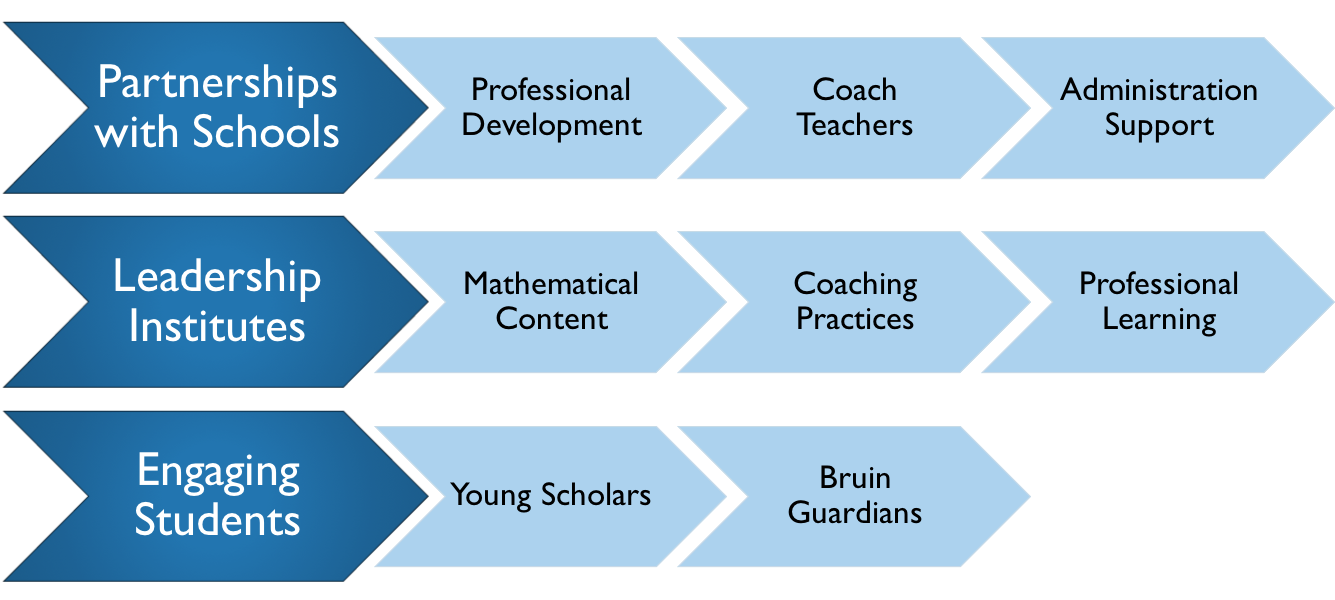
OUR GUIDING PRINCIPLES
OUR TEAM
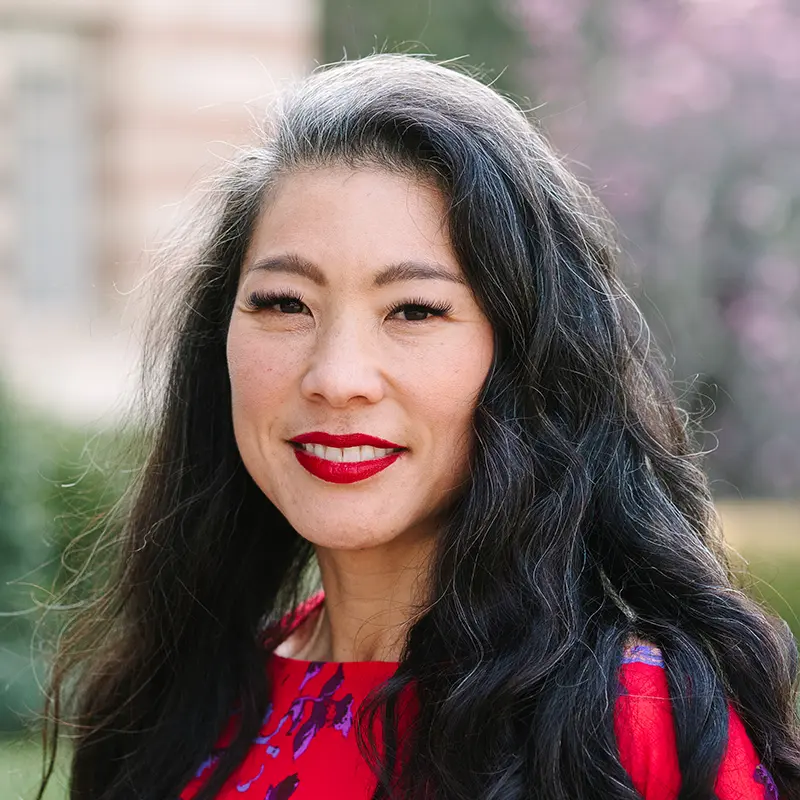
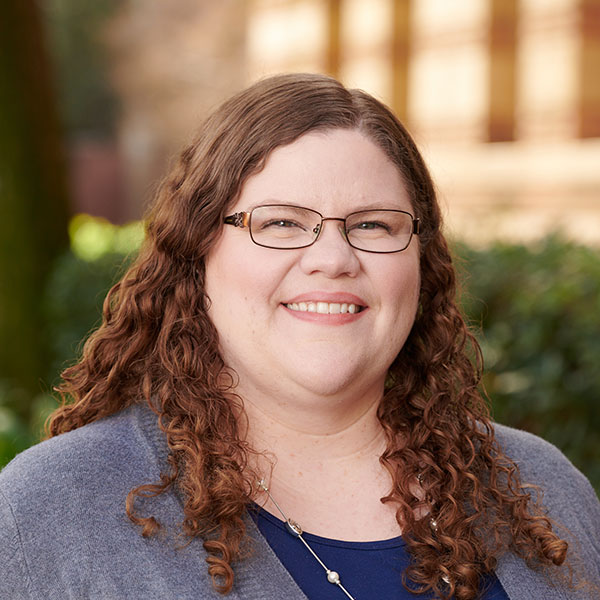
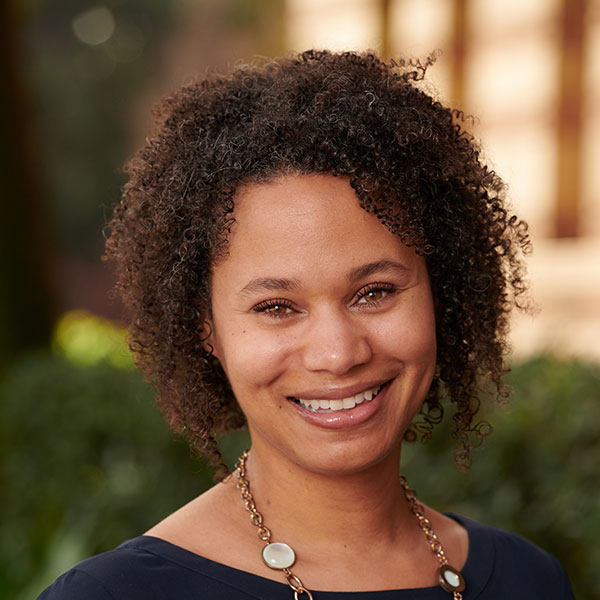

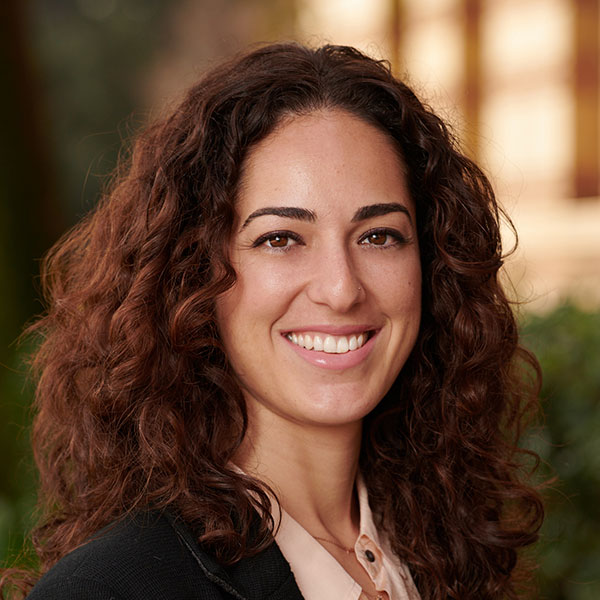
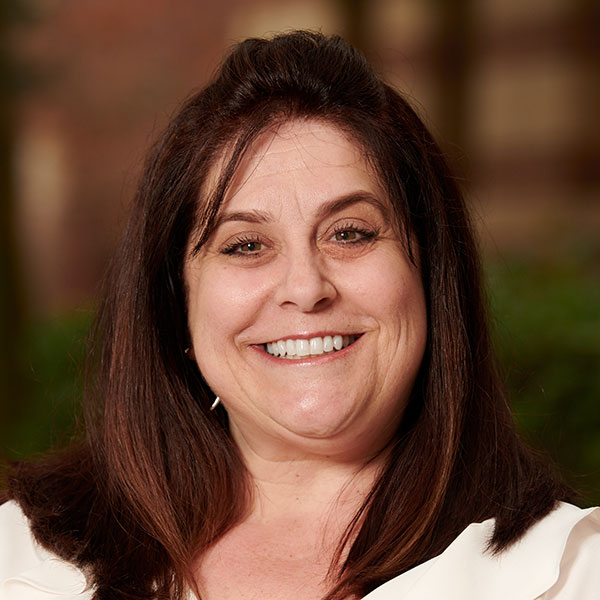

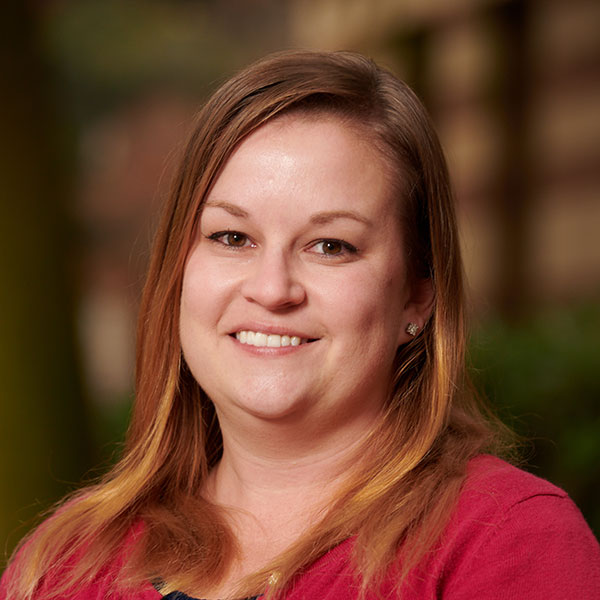
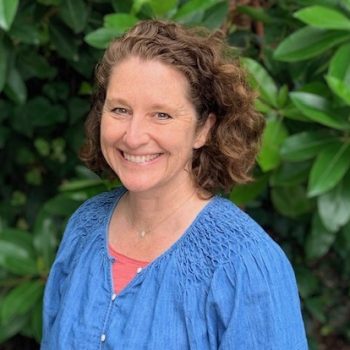

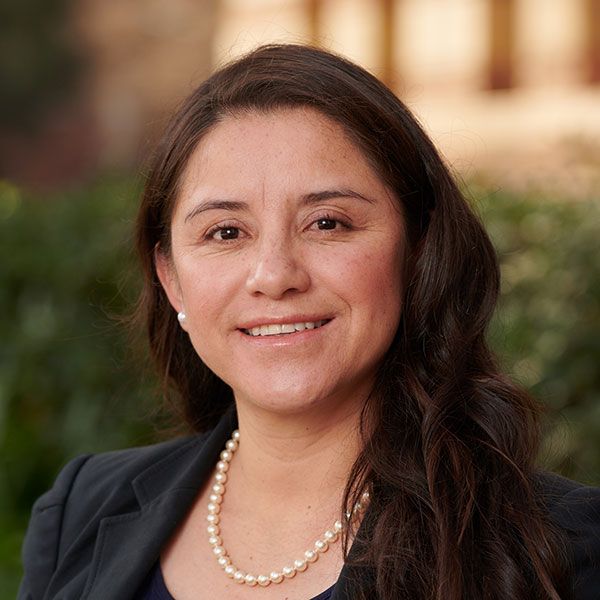

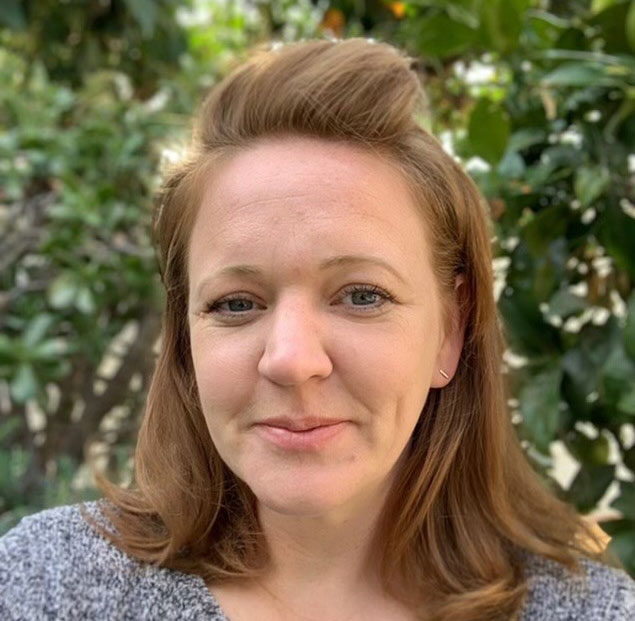

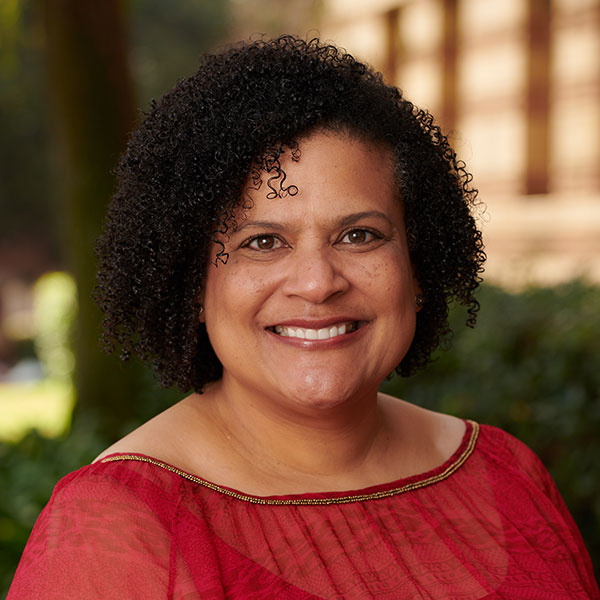
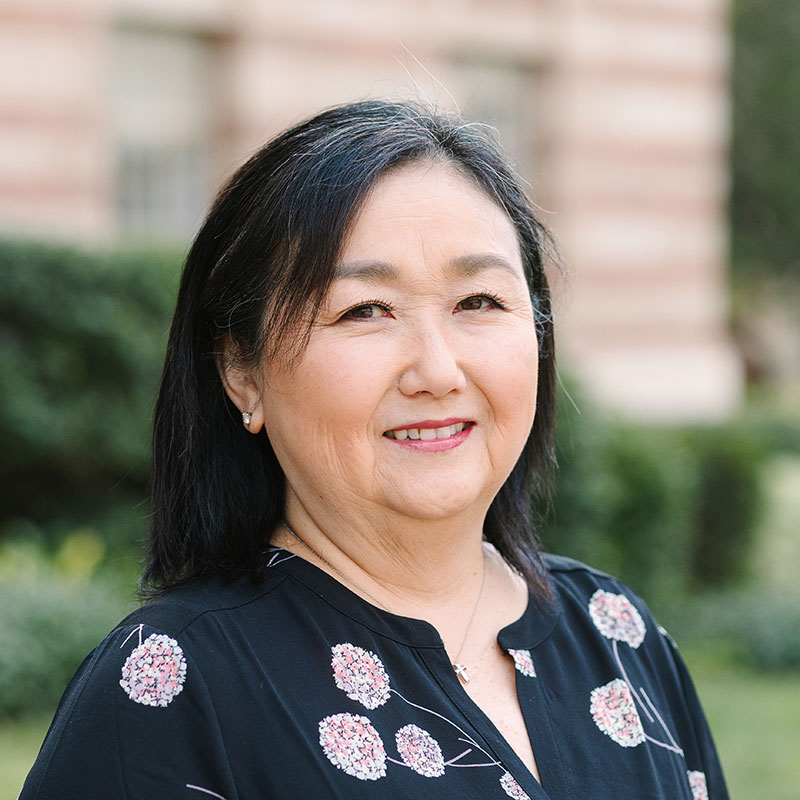


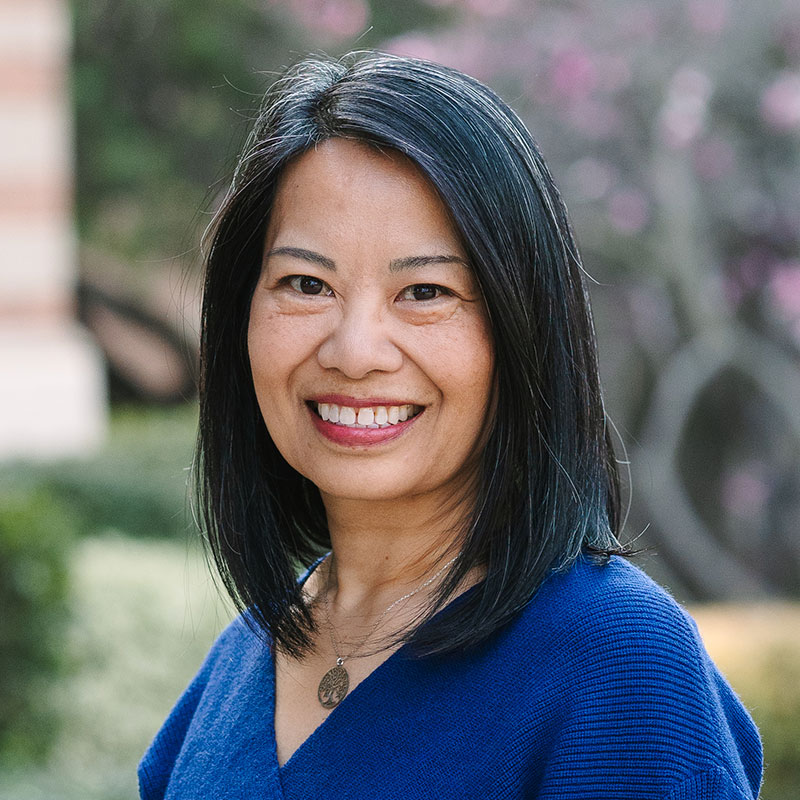





Erin Kaku
Student Worker

Amaya Keiper
Student Worker

Alex Simon
Student Worker

Deion Navarrete
CGI Student Assistant

